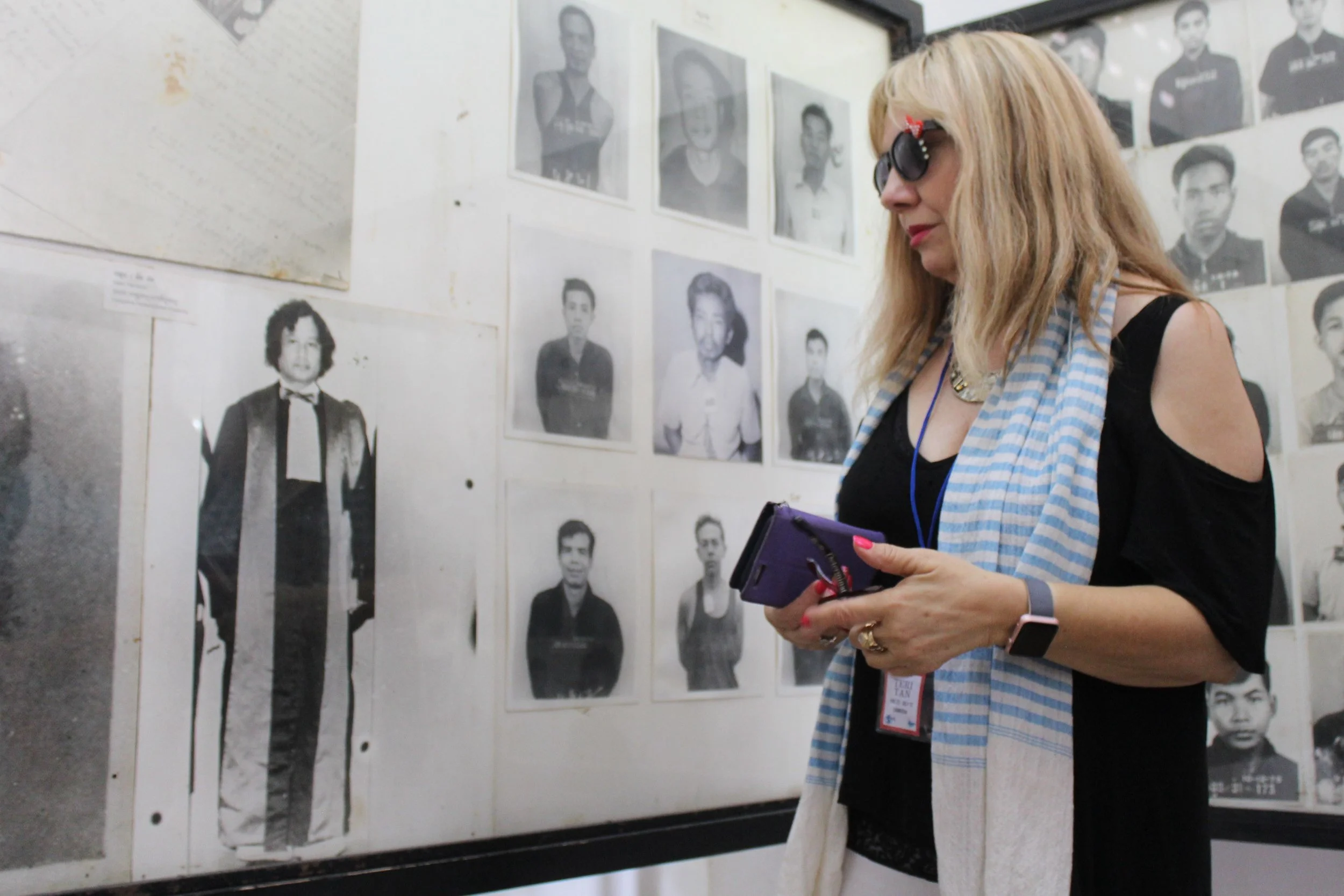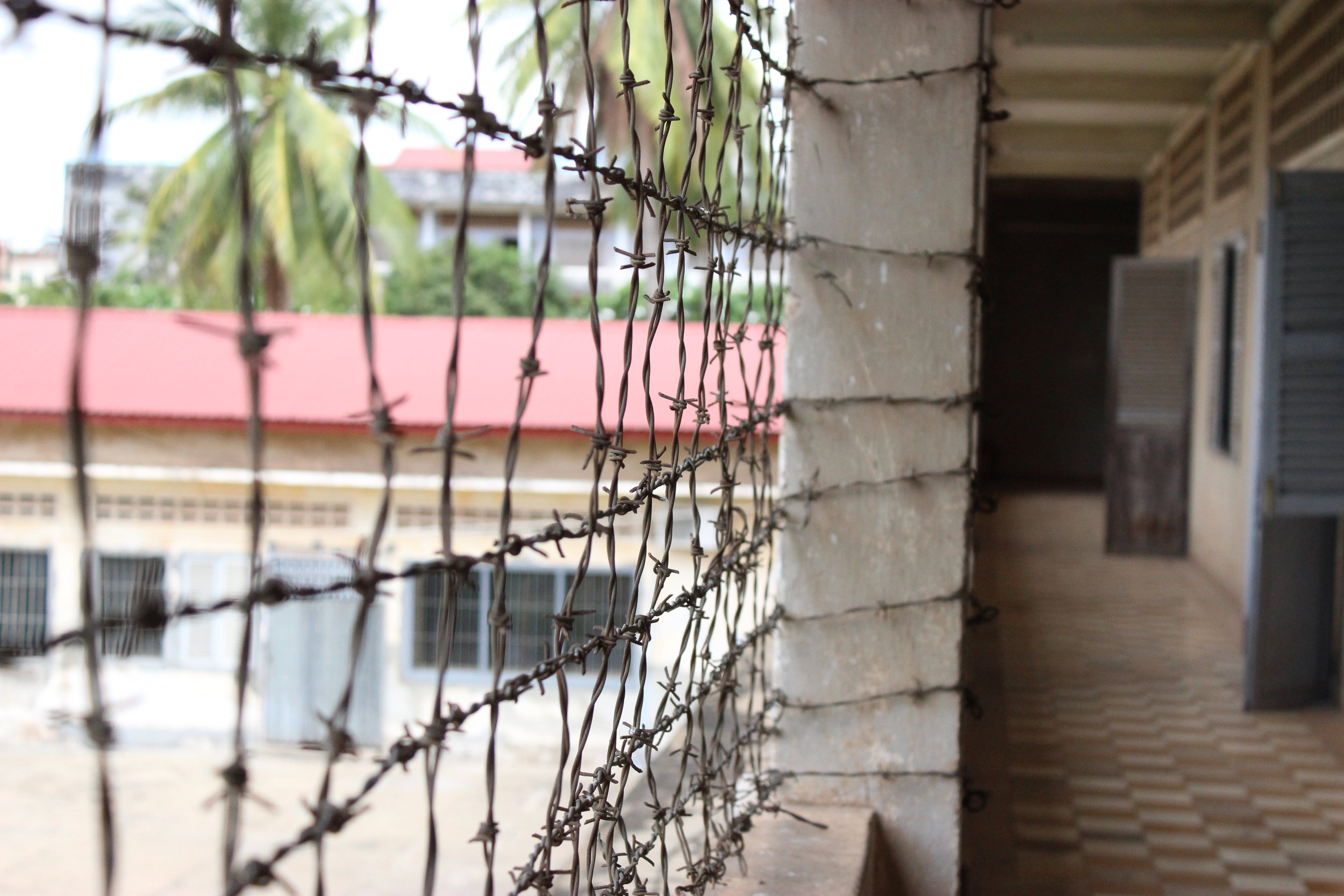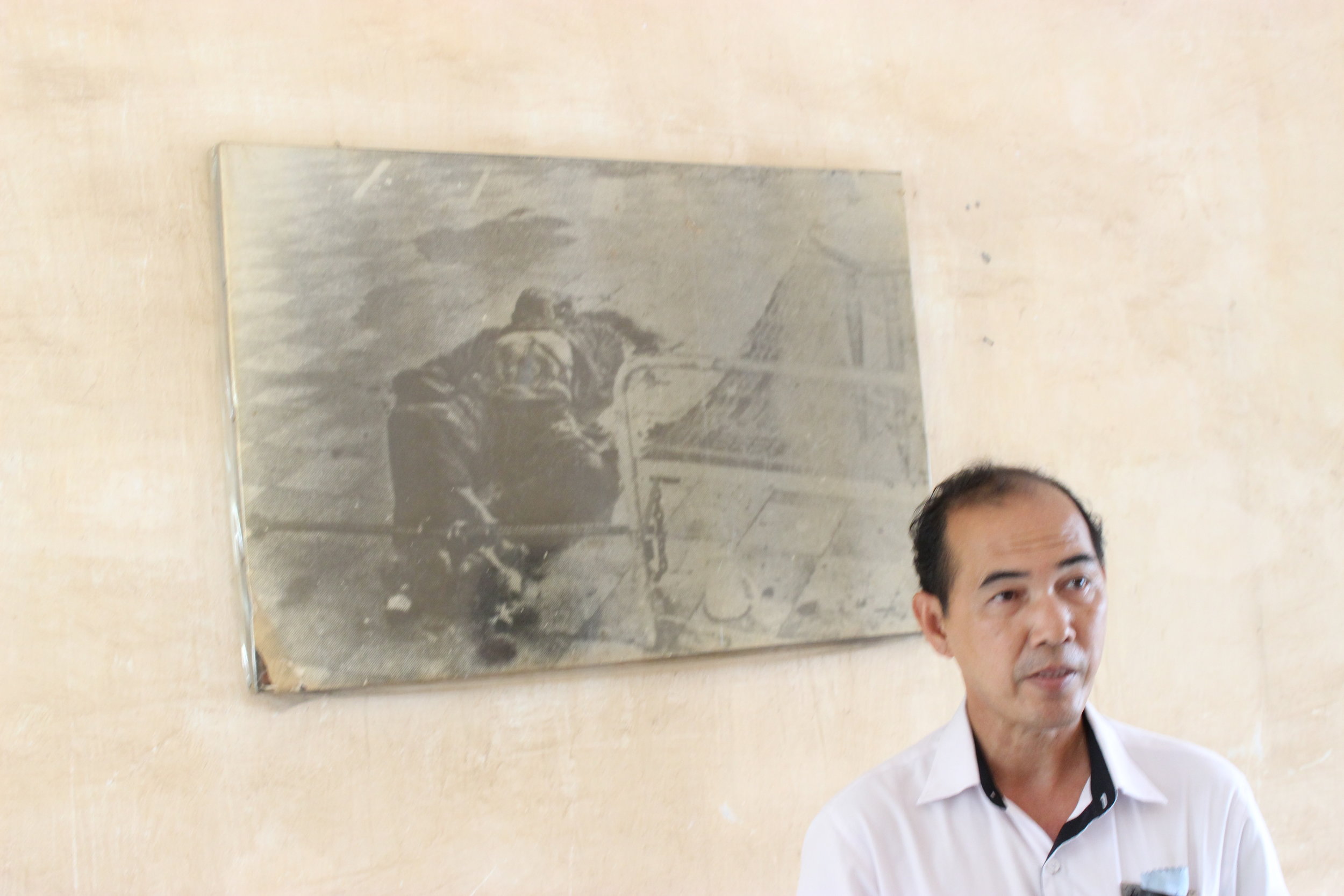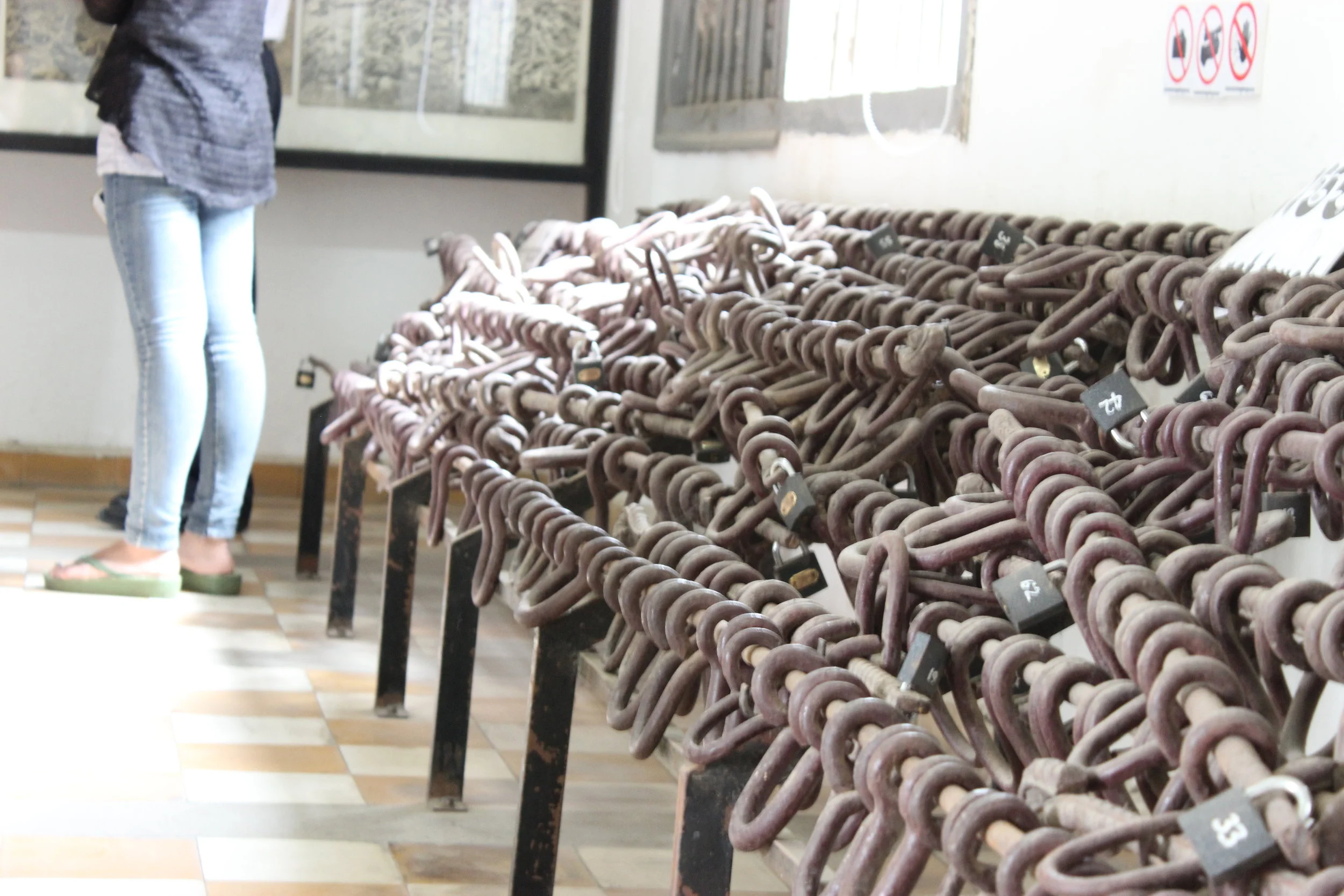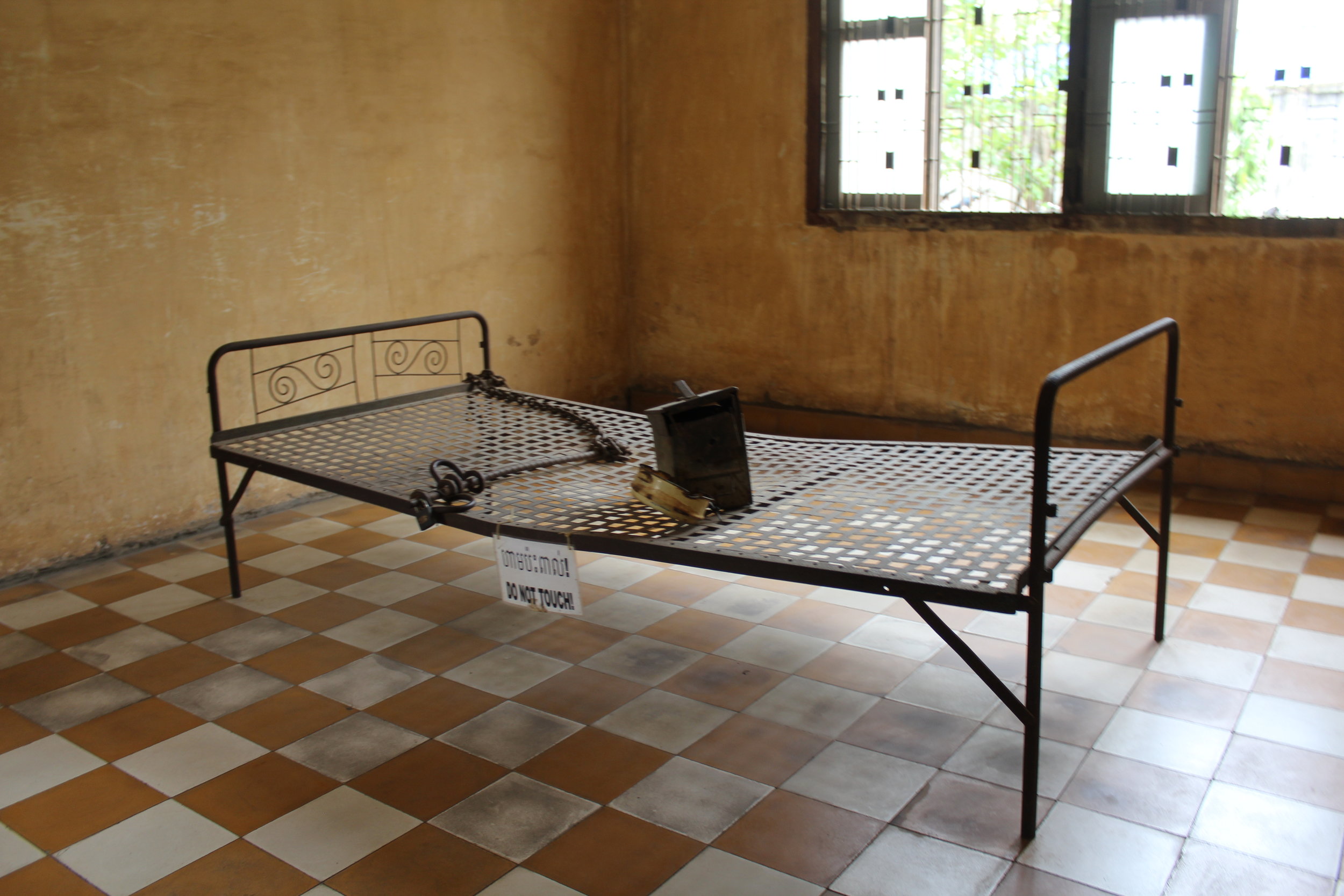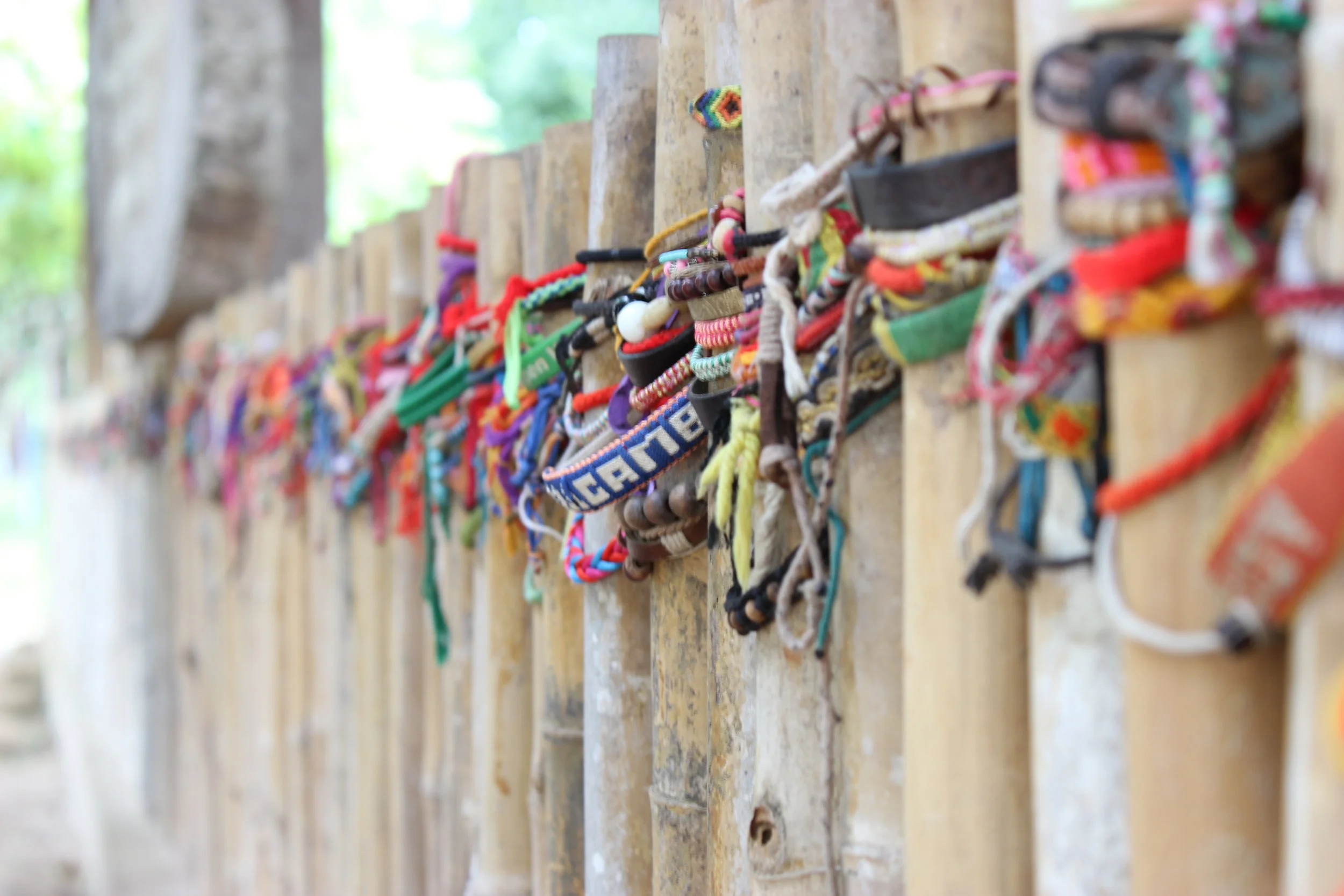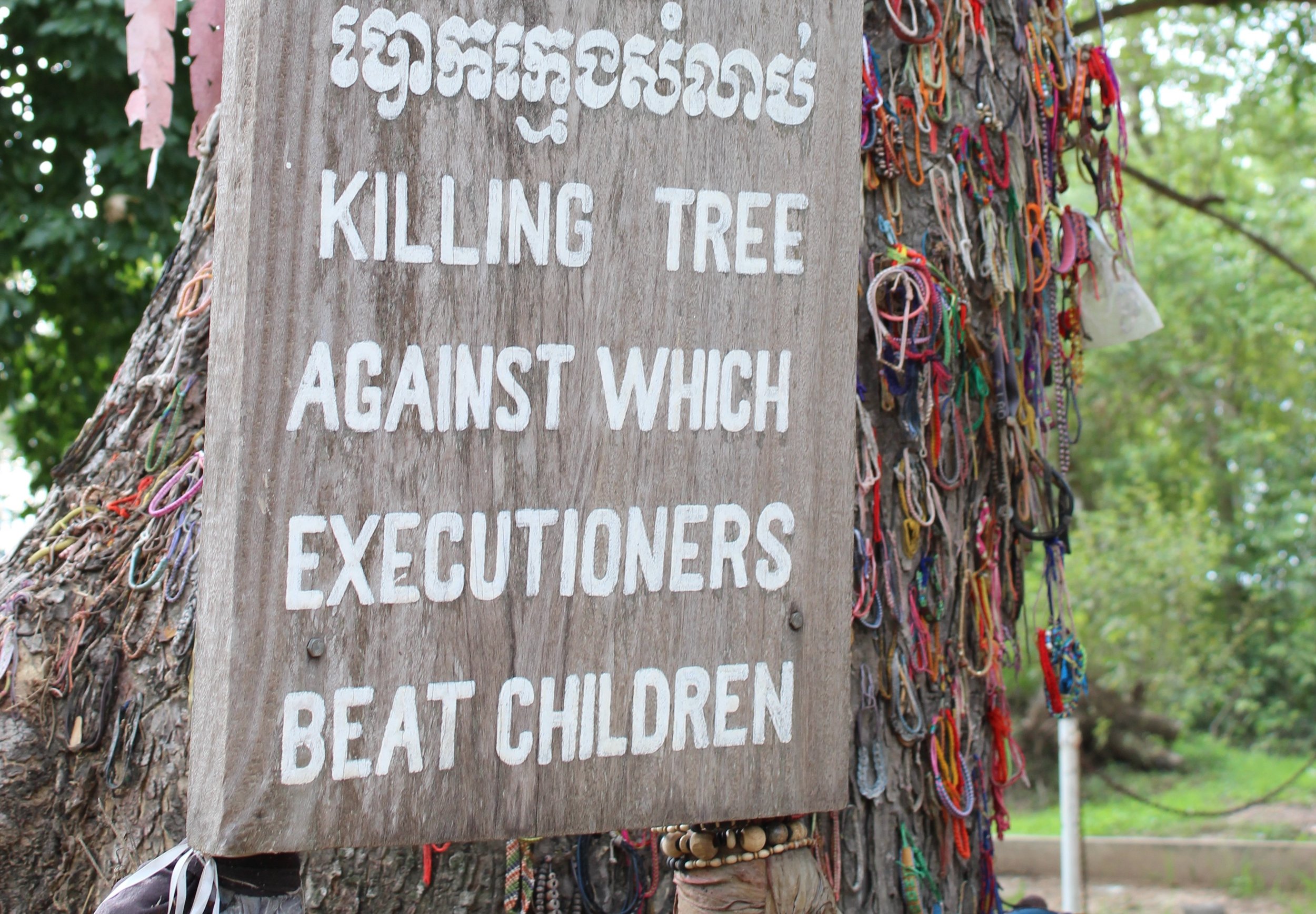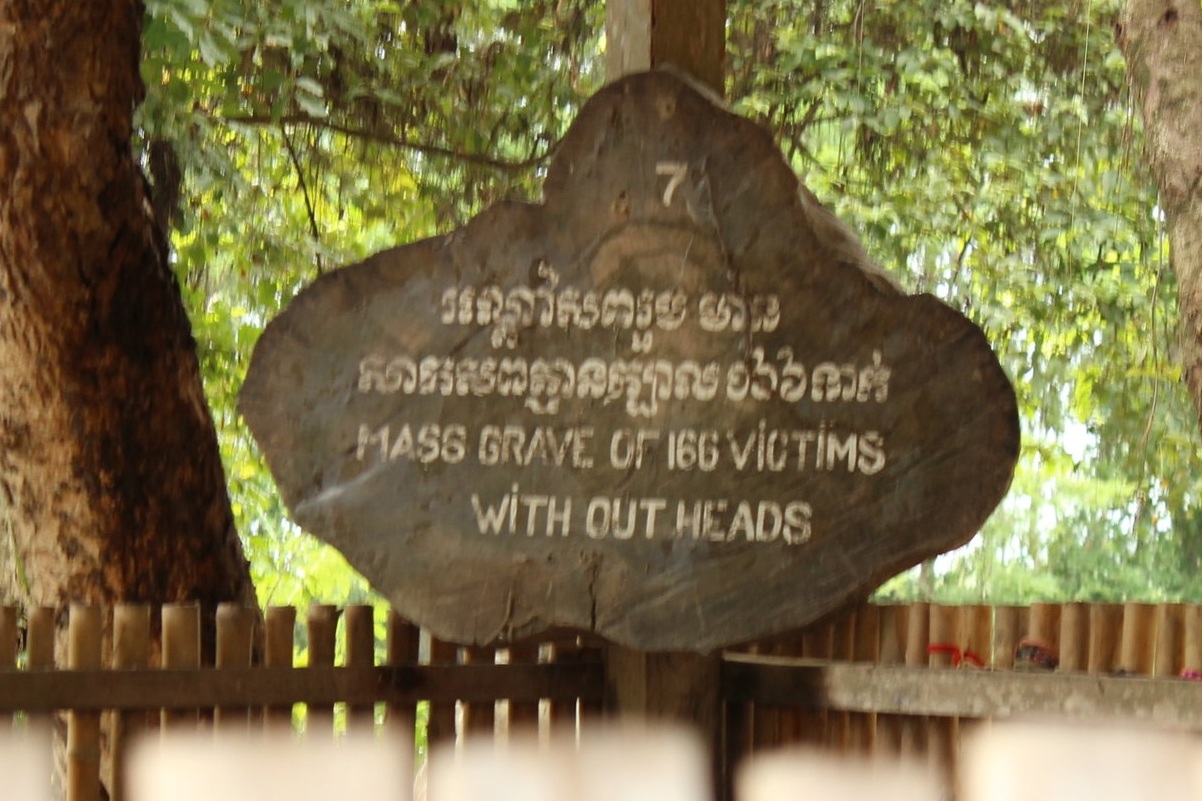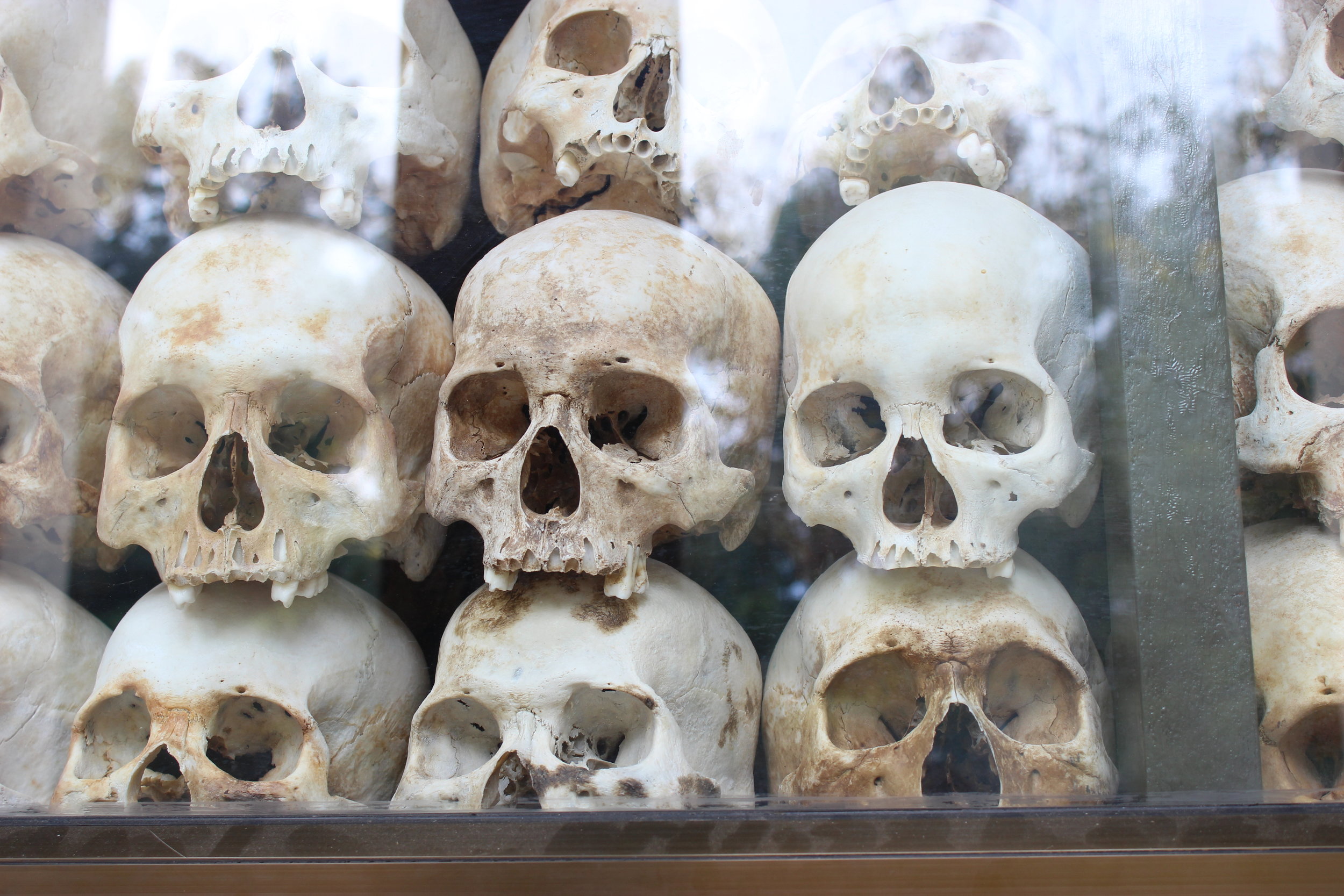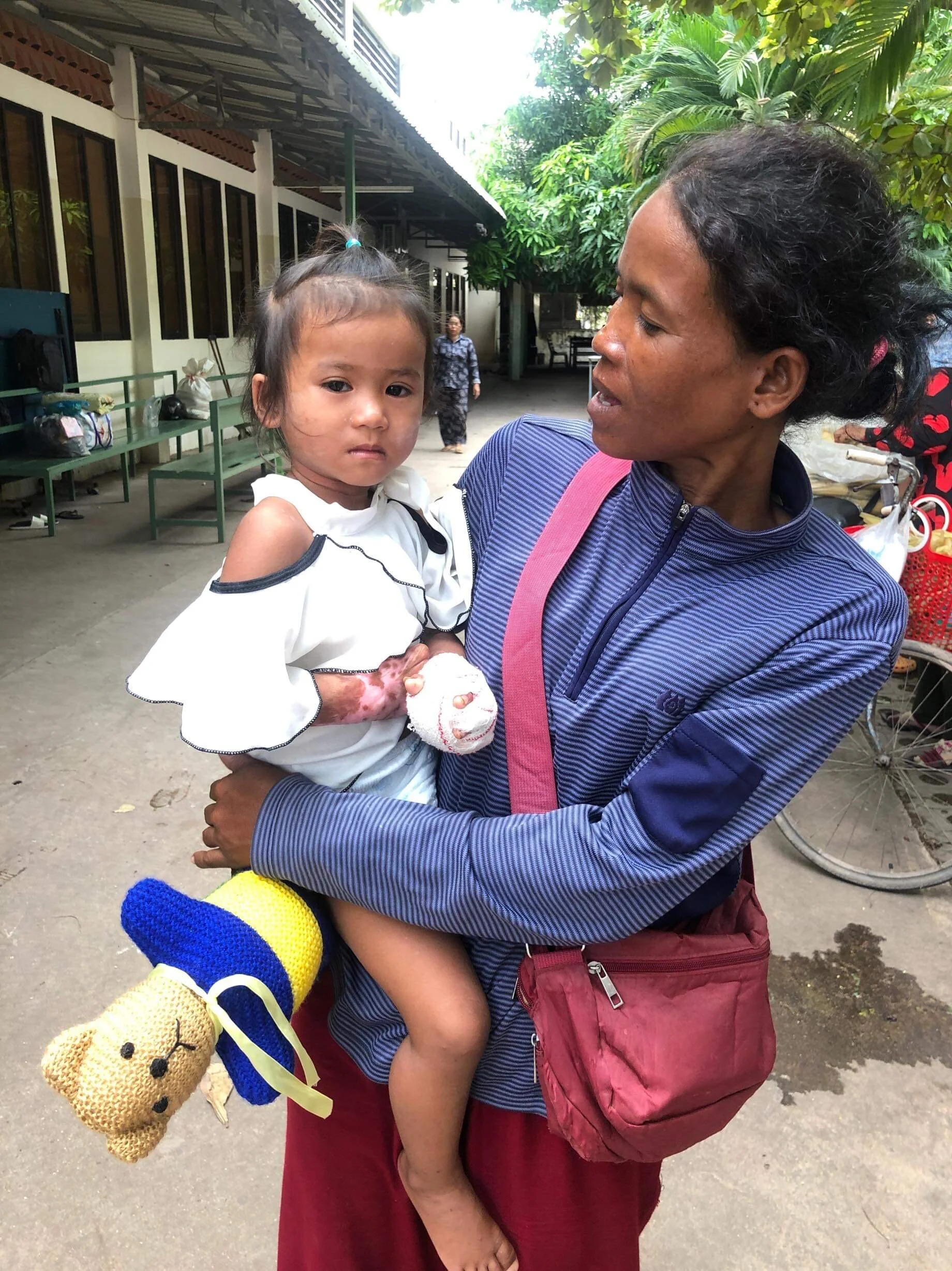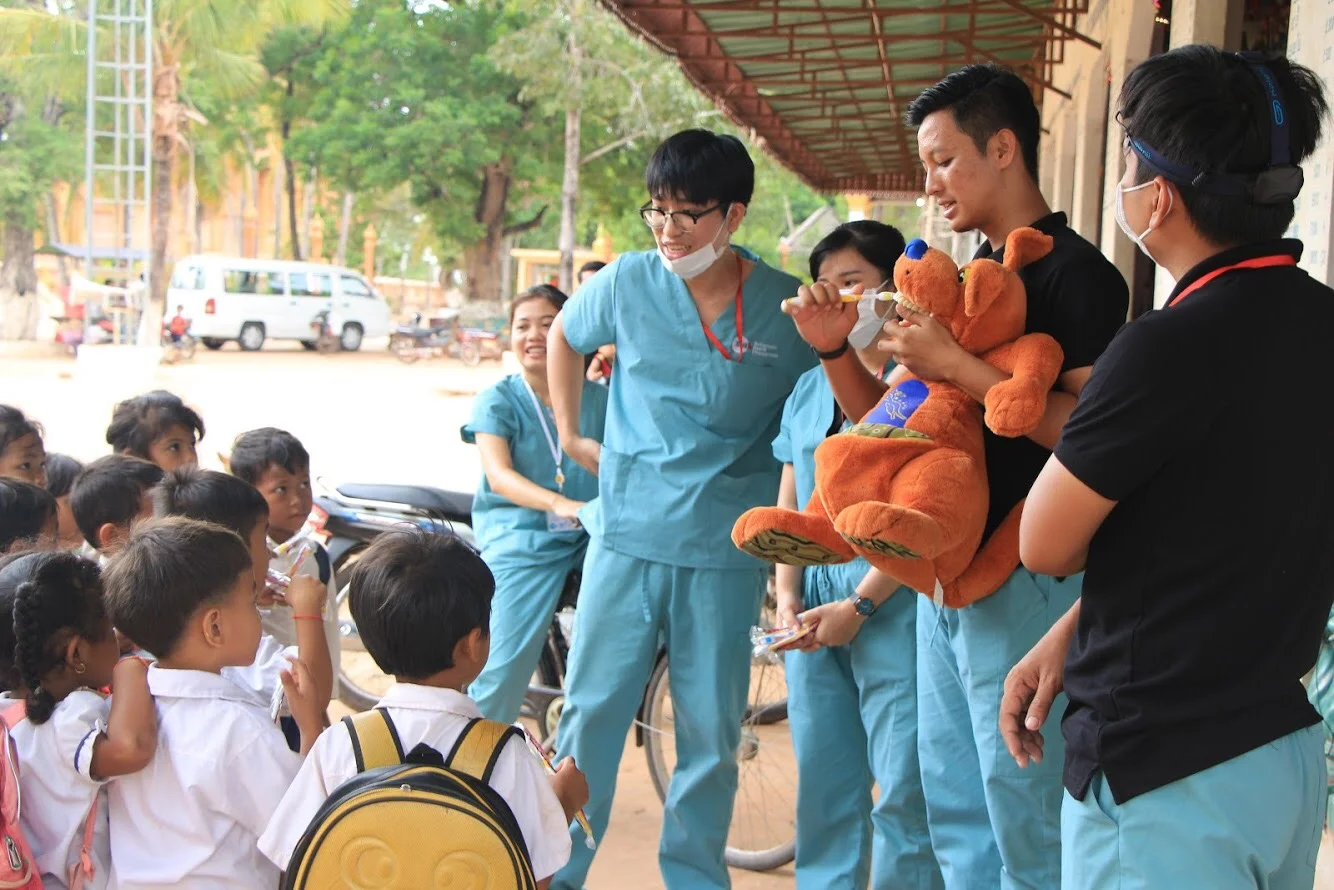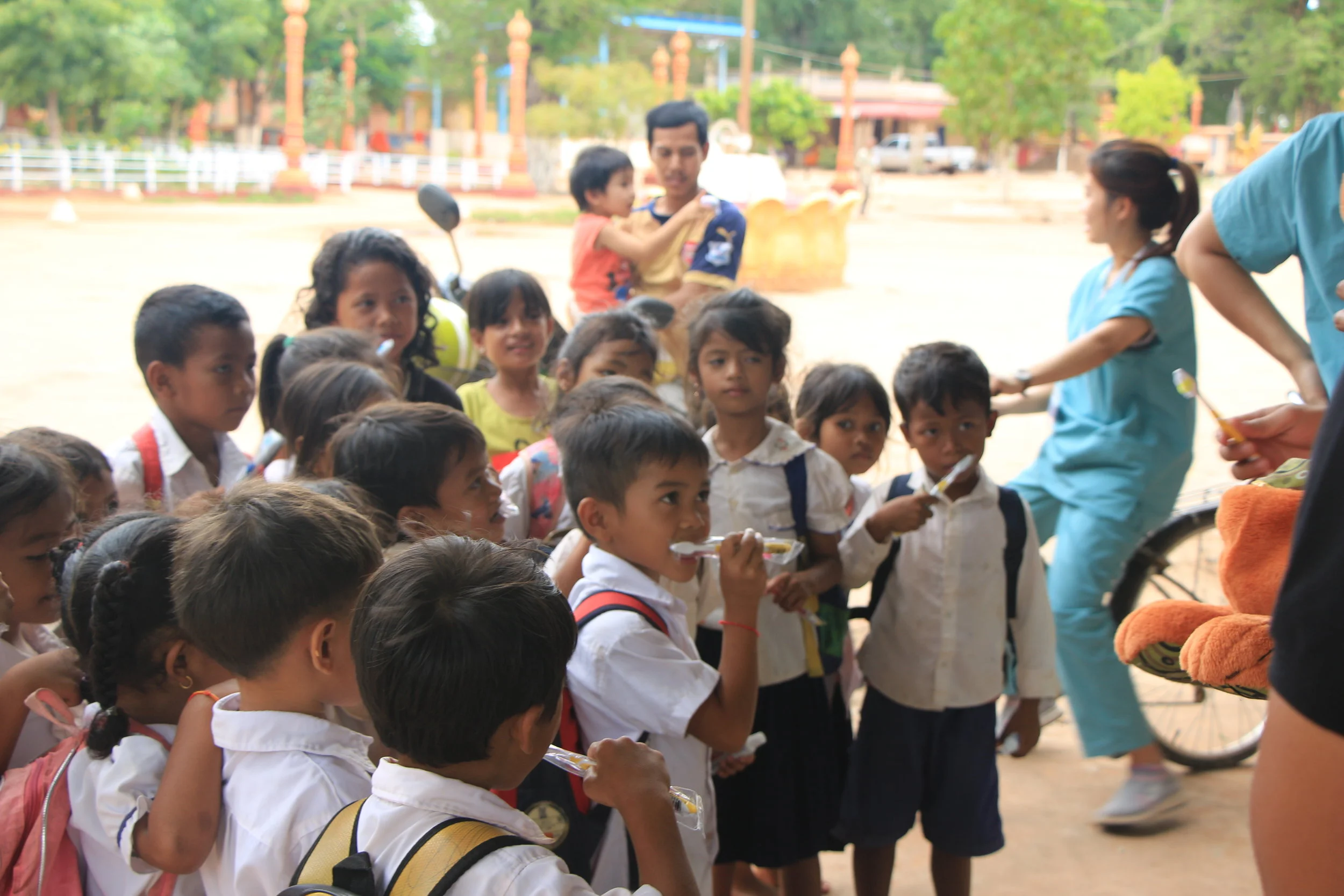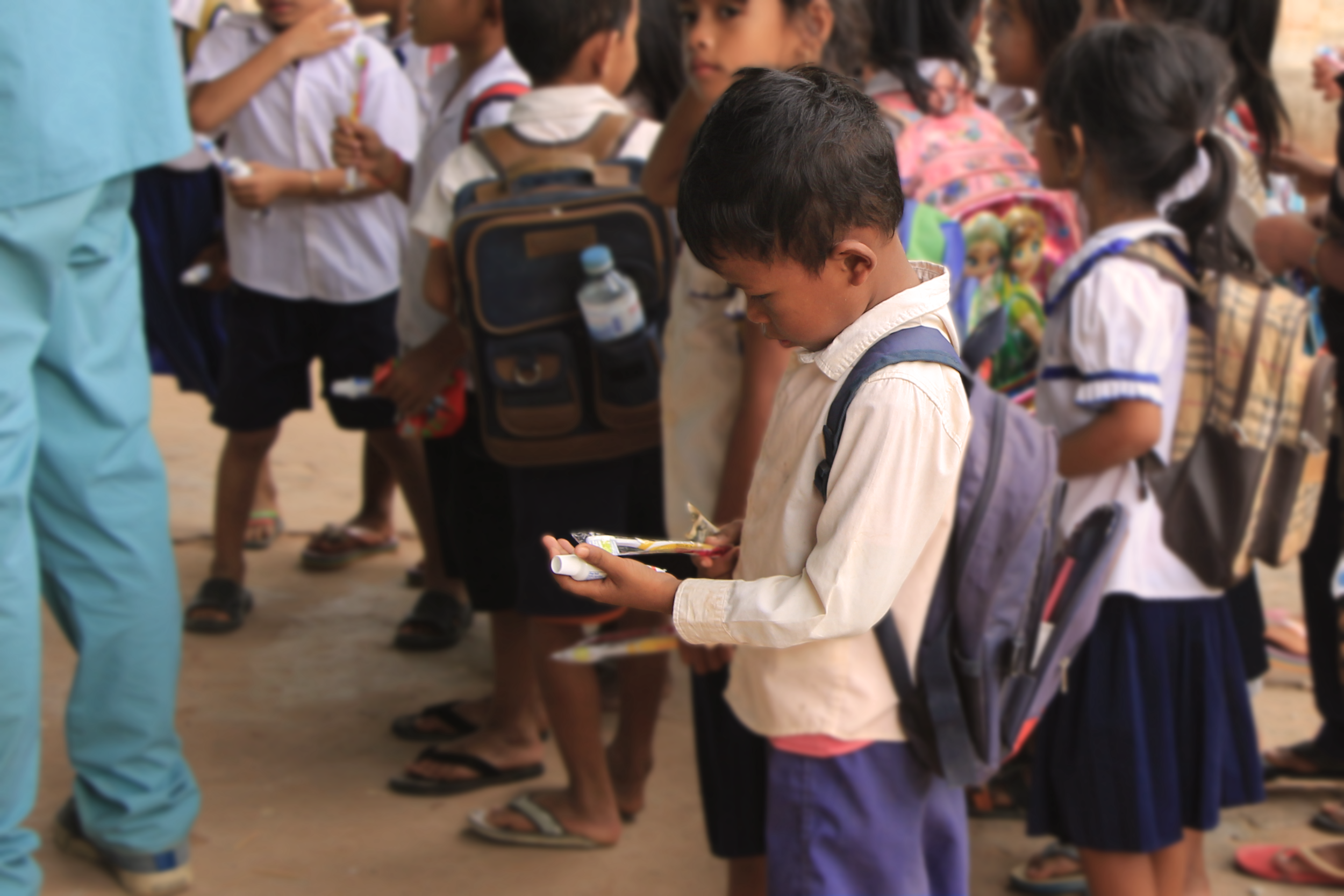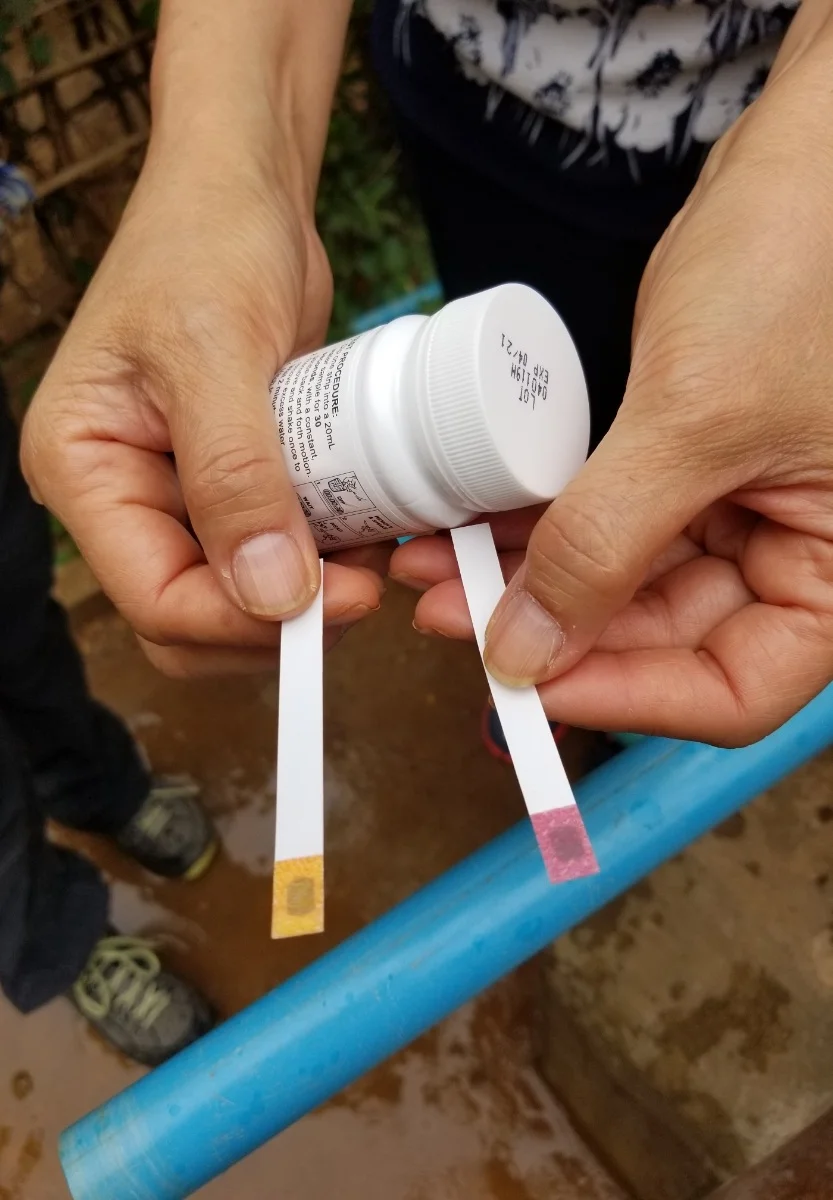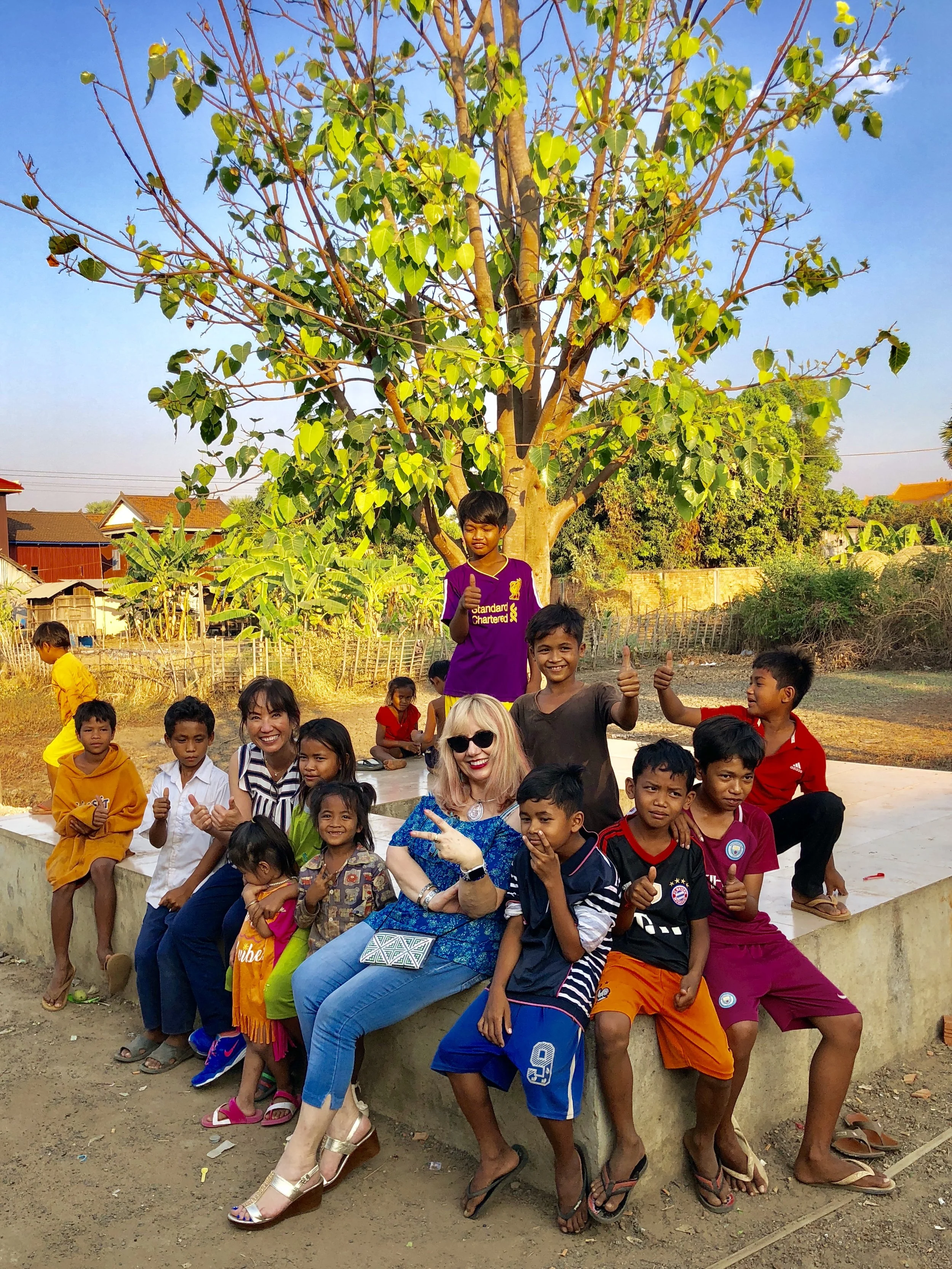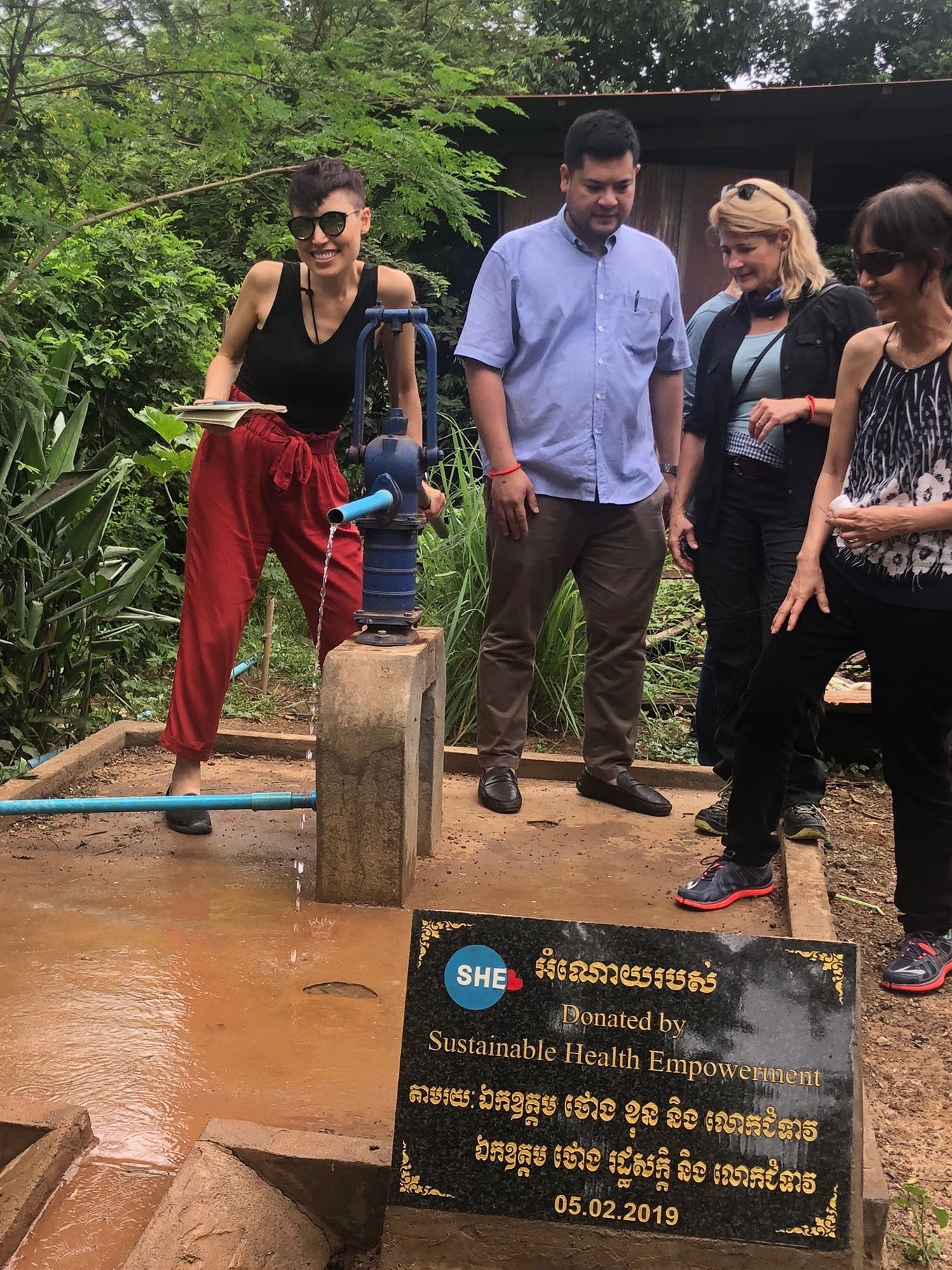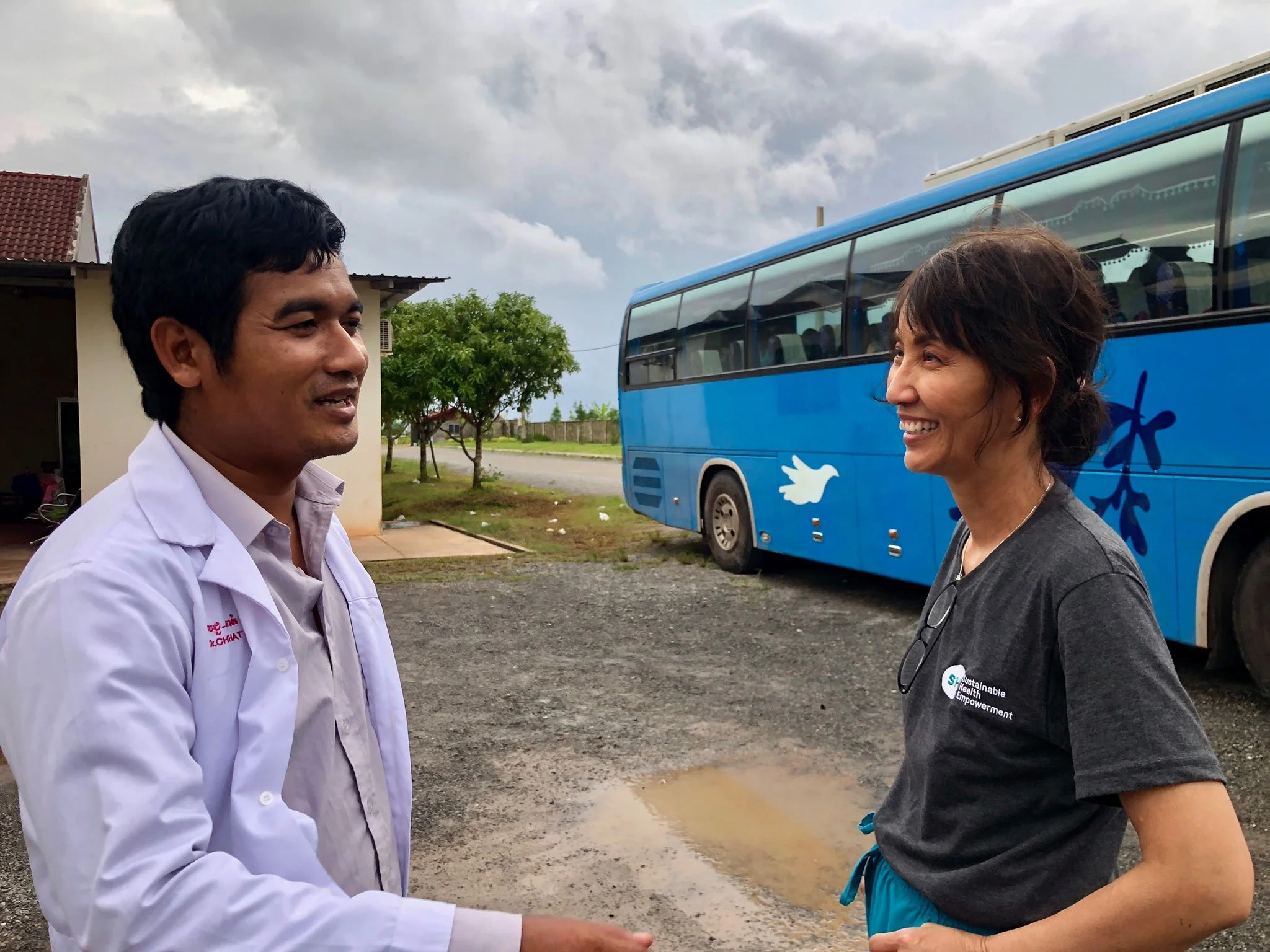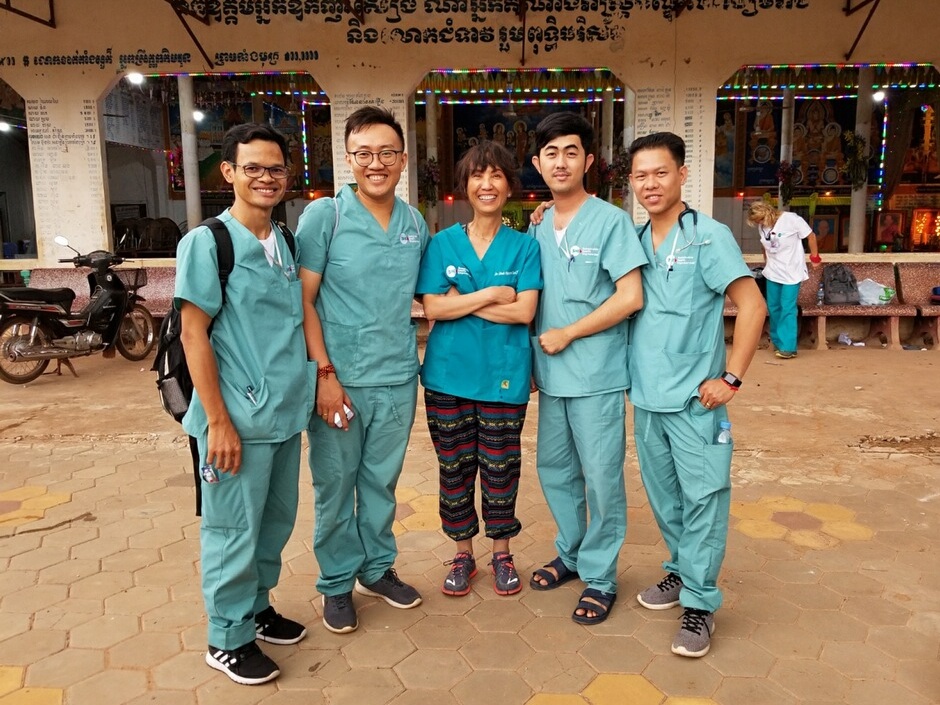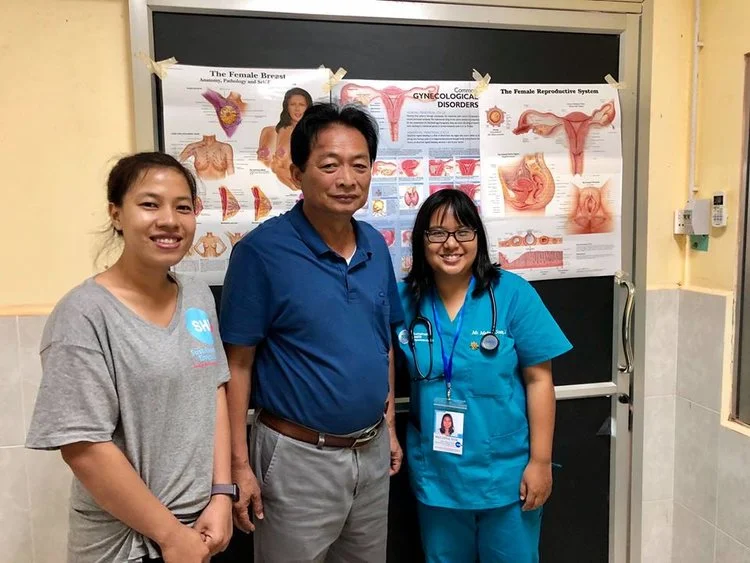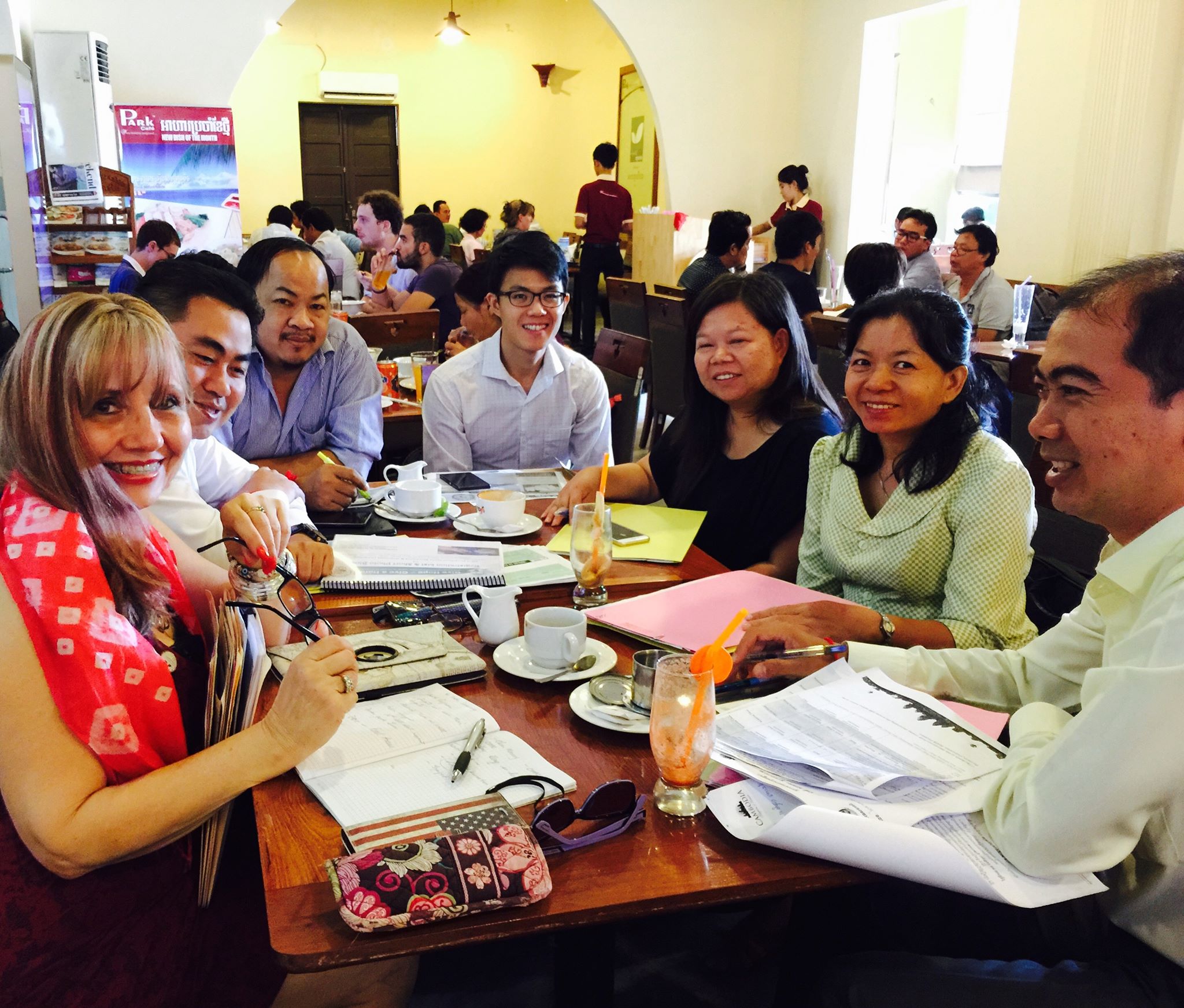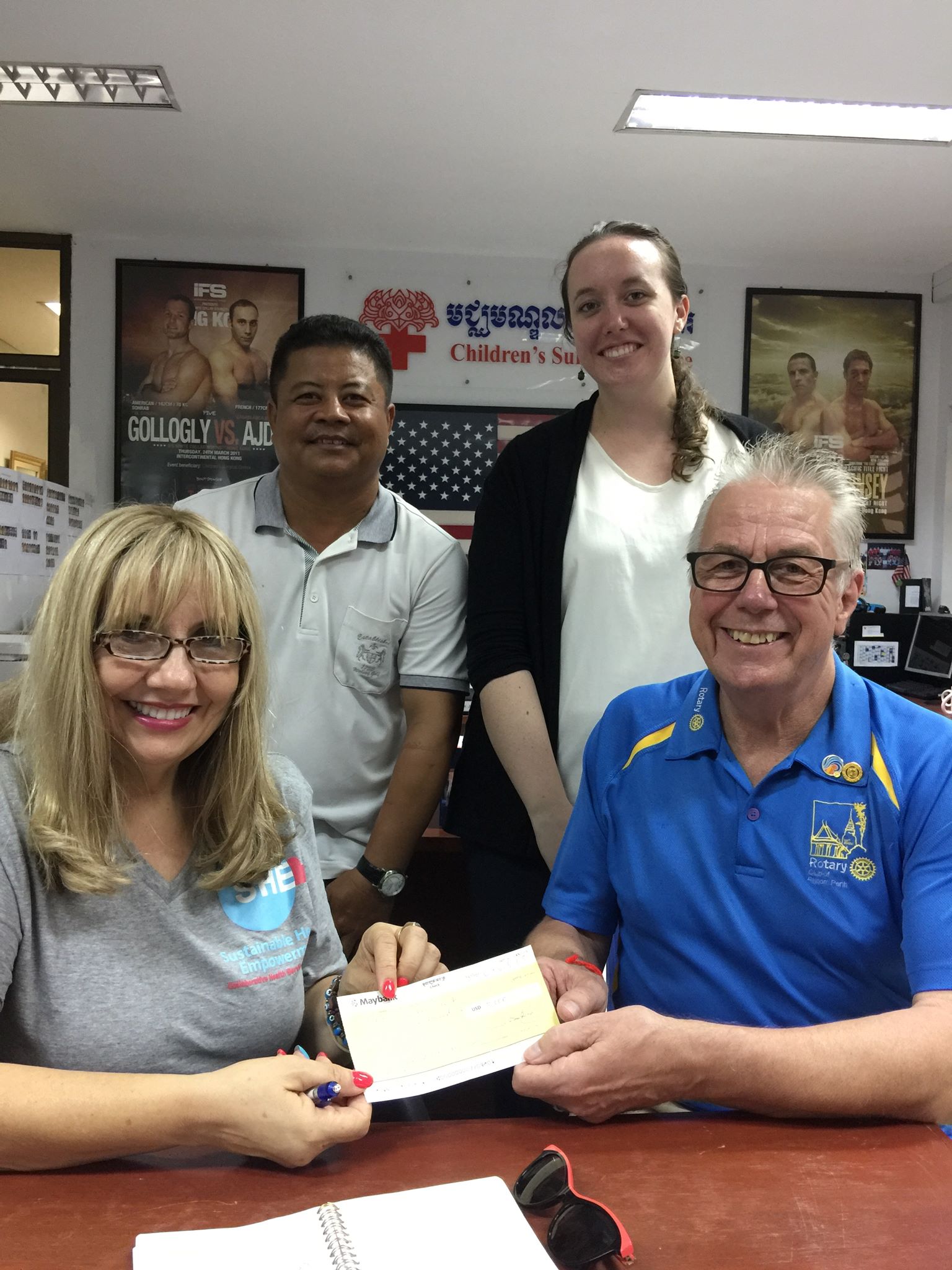Community Wellness & Clean Water
The Power of SHE
We are committed to fostering sustainable health care by equipping people with knowledge and empowering them to continue care after our team of health professionals and educators have left the country. As participants in five SHE health education missions to Cambodia, we have encountered over 10,000 women, children, and men, who arrive with both visible and hidden ailments together with an expectation of medicine or instant or magical cures that will improve their lives. Many come with visible disabilities, diseases, and heartbreaking stories. Most come from remote villages with no access to health education or services. Illiteracy, poverty, local beliefs in traditional medicine, and lack of resources assign most to a grim fate.
Did you know?
Did you know that in April 1975, when the Pol Pot took over, the first to be killed and persecuted were the "educated elite"? That included the medical professionals, beginning with university professors, medical students, doctors in private or government hospital practice, dentists, nurses, clerical assistants, and in fact anyone that looked learned. If a person wore glasses it indicated they read books or were elite, and were interrogated, if someone acted smart, they were killed, if they spoke more than one language, if they read books or listened to the radio, they were also suspect.
Did you also know that the medical infrastructure was practically non-existent for almost 5 years, and that the recovery was very slow after that? Did you know that unless doctors had already fled overseas, or pretended to be peasants, they were effectively killed during the Khmer Rouge period (1975-1979); moreover, hospitals were abandoned, pharmaceuticals were not available, and they say that Cambodia had slipped back to Year Zero
Cambodia has come a long way since the Pol Pot genocide times. The medical infrastructure has been building and there are several universities offering the study of Medicine, Dentistry, Pharmacy, and other Medical-related training. Cambodia has some very fine doctors, surgeons, dentists, pharmacists, nurses and so on. We must remember that the Health System has to grow exponentially to meet the demands of about 14million, up to 80% of whom live in poor rural areas. This has been difficult to accomplish in such a short span of time
Why Cambodia?
The rural areas are particularly understaffed, and this is coupled with poverty, the existence of land mines, the lack of jobs, and the non-availability of clean water for a healthier life. There are universities, hospitals of all kinds and of various statuses, trained professionals, and the availability of pharmaceuticals. Looking through the World Health Organization Statistics, you can see where Cambodia stands in perspective to similar countries in the area, and where it stands vis a vis world statistics. Low birth weight, malnutrition, sexually transmitted diseases, hypertension, mental health problems, and other, are still rampant.
Before After
Your support will allow us to bring life-saving attention to the underserved year-round.
As part of sustainability, we follow up on the numerous referrals and work with local teams in Cambodia. We found this 5-year-old with third-degree burns. Her hands scarred, the skin thickened, her fingers webbed, and in need of immediate surgery and therapy. We have referred her to the burn unit of NGO hospital. They have already performed a number of surgeries, one hand at a time.
The mother, who earns $5 a day on the rice fields, had absolutely no guidance or referrals and was overwhelmed and in tears after each of her child’s surgeries stating, “My daughter would have never forgiven me as she grew up knowing I had not been able to help her heal her hands.”
Dental Education
As part of sustainability, SHE provides funding and resources for our Cambodian network to sponsor dental missions
Dental screenings along with dental education have resulted in an improvement in dental hygiene
SHE purchases instruments, portable dental chairs, & supplies for services in Cambodia
Clean Water for Healthy Living & Disease Prevention
More than 80% of rural and semi-rural areas do not have access to clean drinking water. Sanitation practices and adequate sewage are mostly nonexistent or primitive.
Rivers and streams are common sources of water for drinking, cooking, also bathing, washing clothes, and disposing of waste products but are mostly contaminated.
While we emphasize prevention, it is hard to encourage people to brush their teeth, wash their hands, eat fruit and vegetables, when their water sources are mostly contaminated.
Dysentery, malaria, yaws, tuberculosis, trachoma, various skin diseases, and parasitic diseases are common due to the unsanitary nature of these sources.
SHE has launched a “Clean Water for Healthy Living” project
In the last 2 years, we donated 20 wells in a cluster of villages, and have been following up on the progress of the daily lives of locals who have access to them.
We hope to donate more wells and work on more water projects in the future.
Water is life, and clean water means health.
The importance of collaboration & the impact of sustainable health
Our team of volunteers, which includes healthcare professionals and students from the US, works collaboratively with Cambodian healthcare professionals and students, as well as provincial and other Cambodian community leaders. This way, we can ensure that both the next generation and the current generation of on-site providers are supported to carry on care in their own communities.
In the past 5 years, SHE has provided health education, vision and disability referrals to thousands of individuals in Cambodia. Additionally, we have distributed 12,000 pairs of reading glasses and sunglasses, and trained local communities in hygiene and safety issues.
“Everyone has the right to a standard of living adequate for the health and well-being of himself and of his family, including food, clothing, housing, [clean water], and medical care…”
- Declaration of Human Rights (UDHR) Article 25


